With the recent Xbox games showcase, Microsoft didn't make a good case for the Xbox Series X. That's because it really doesn't care if you buy the new console or not. For Microsoft, Xbox Game Pass is the most important thing.
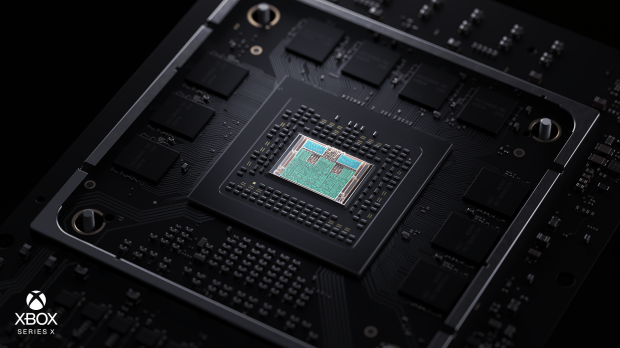
I've said it before and I'll say it again: Microsoft doesn't really care about hardware. It doesn't care if you don't buy an Xbox Series X in 2020 or 2021. The Xbox division is more concerned with delivering content through access points because that's where the real money is. That means making content, services, downloads, and purchases available where you already are versus trying to force you to buy a console.
This is the natural evolution of the games industry--to spread ecosystems across all platforms and break the boundaries of consoles--and Microsoft is doing it better than anyone else.
There's been lots of criticisms around the recent Xbox event. People say the stream was more like a commercial for Game Pass than it was for the Xbox Series X.
That's because it was. Game Pass is the most important thing Microsoft's gaming branch has ever done, and it now serves as the core of the Xbox ecosystem. In many ways, Xbox is now synonymous with Game Pass.
The reason for this transformation is simple: Console purchases are made once, but services make money long after that initial purchase.
Services represent long-term revenues through subscriptions and indirect or direct engagement monetization. In 2019 alone, Microsoft earned $10.26 billion from Xbox in trailing 12-month revenues, driven mostly by online gaming, game sales, subscriptions, and microtransactions.
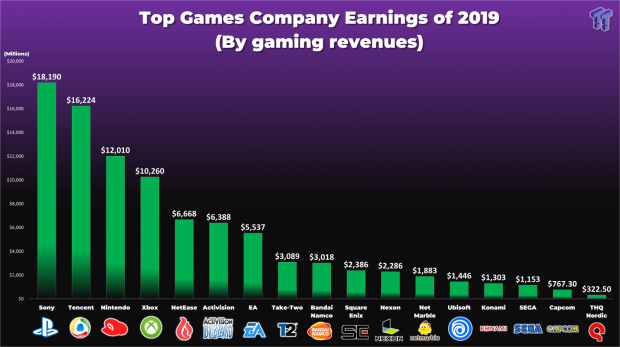
This is compared to the 49 million+ Xbox One consoles Microsoft has sold since 2013. The extra cash comes from Game Pass and PC, which is now part of the ecosystem. And soon mobile devices will be folded in.
Microsoft's entire ethos with Xbox surrounds one simple concept: The more you play, the more you pay. Microsoft wants you stuck in its Xbox ecosystem, and now it's casting as many lines as possible to improve its odds at catching more fish. There's Project xCloud, which lets you stream games you already own or titles included with Game Pass on a phone, laptop, tablet, or PC.
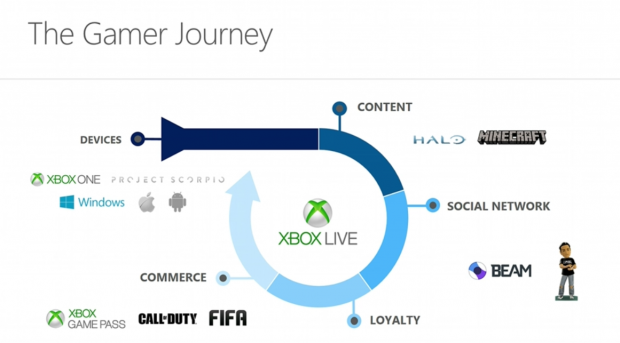
The Gamer's Journey slide from 2017 perfectly highlights the Xbox business model. Game Pass is now the pivotal service that spins the wheel.
Read Also: Xbox Game Pass actually sparks full game sales
There's Game Pass itself, which is the best value in gaming, offering instant access to a treasure trove of games including new first-party titles day-and-date of release.
This kind of value-oriented service is specifically designed to keep you locked into the ecosystem. Game Pass is both an entry point and a sticking point that grants you access and also ensures subscription retention. If you start a game with Game Pass, you're more likely to stay playing that game within the Xbox ecosystem, especially if you make friends, rivals, and engage with an online community. You're also more likely to keep paying over time for that access because it also guarantees access to other games.
Even if your Game Pass subscription lapses, Microsoft is betting you'll just buy the game outright to keep playing that experience. In this way, Game Pass is a kind of self-serving ecosystem within itself, one that churns the main business model that Xbox is now built on.
Game Pass is so instrumental that it's changing how developers are making games. Halo: Infinite, for example, is basically an FPS-RPG hybrid with an open-world scope. 343i has made a new infrastructure that promotes engagement and grindy replayability, which are both hallmarks to churning engagement and subscription retention.
So where does that leave the Xbox Series X?
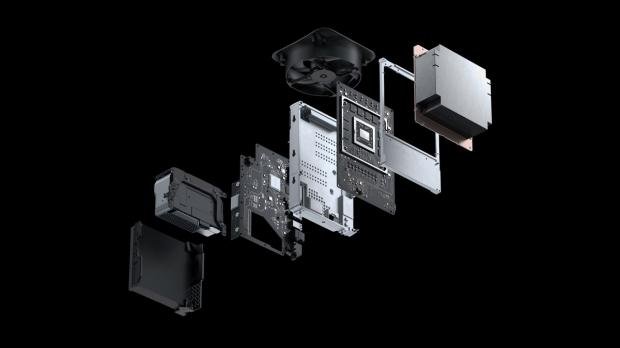
In many ways, the Series X is kind of redundant. Microsoft could make a killing simply by offering its services and never really releasing a new console. But the natural evolution of services comes with a need to push hardware to its limits, because as we all know, flashy games sell pretty well. And Microsoft likes to push the forefront just because it can.
The Xbox One X is proof of this, and the Xbox Series X flexes Microsoft's hardware and architectural prowess while offering another playground for evolving APIs, services, and internal engines. Remember, Xbox consoles are now more closed-chained and specialized Windows 10 PCs, so optimizations made on (and for) Xbox Series X will benefit the PC gaming environment too.
On a business level, though, the Xbox Series X is just another access point to a new kind of gaming experience while also being an access point to services. The hardware allows exclusive performance in specific games and is a gateway to the billion-dollar Xbox ecosystem.
Right now there's not a lot of reasons to buy an Xbox Series X.
Yes, Xbox One games will play better than they ever have on the Series X, and games like Halo: Infinite have been specifically optimized on the system. But there's no real system-sellers right now, nor are there first-party games that're built from the ground up for the new hardware.
A lot of the games that'll really push the hardware to its limits aren't coming out in 2020, or even 2021. Games like the new Fable reboot and the new Forza reboot, which pushes native 4K 60FPS with ray tracing, are exclusive to the Xbox Series X...but they're also a long ways away.
But that's okay. Microsoft only cares if you buy Game Pass. It doesn't really care if you don't buy a Series X because hardware sales aren't nearly as important as software, services, and overall monetization.
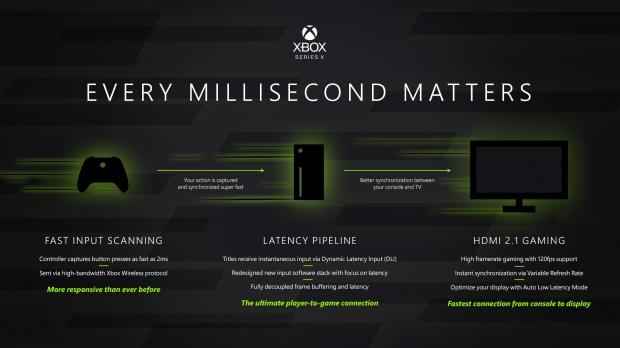
That hasn't stopped Microsoft from talking up the Xbox Series X's capabilities with a ton of blog posts and marketing speak.
There's been lots of promises and assurances of the console's raw power, discussions on revolutionary new features that'll change gaming forever like Sampler Feedback Streaming, the PCIe 4.0 SSD, and the new Velocity Architecture, but games-makers themselves have been reserved on these features. We've delivered into this hype with our own coverage.
Even still, it feels like it's too early to buy into next-gen just yet. And again, that's okay. Microsoft is fine with you skipping its console. It really wants you to buy Game Pass, though, and that's why the recent stream hammered the service's value right into your head.
Microsoft has wisely chosen to diversify its business to include all gaming platforms instead of just consoles, and is using a rich, vibrant, and exceptionally synergistic ecosystem of services to connect these devices together. Game Pass is the glue that holds everything together insofar as revenues, and other services like Xbox LIVE facilitate online play and hold all the social structures and servers in place.
This kind of long-term, evolved scope is a big reason why hardware isn't very important to Microsoft's gaming division. The company has switched gears quite a bit out of necessity. Sony's massive 108 million sales with the PlayStation 4 forced Microsoft to re-write its own playbook and use Windows 10 to unify PC and Xbox consoles together. This was the best decision the company has ever made, and it'll serve Xbox for the next decade and beyond.


